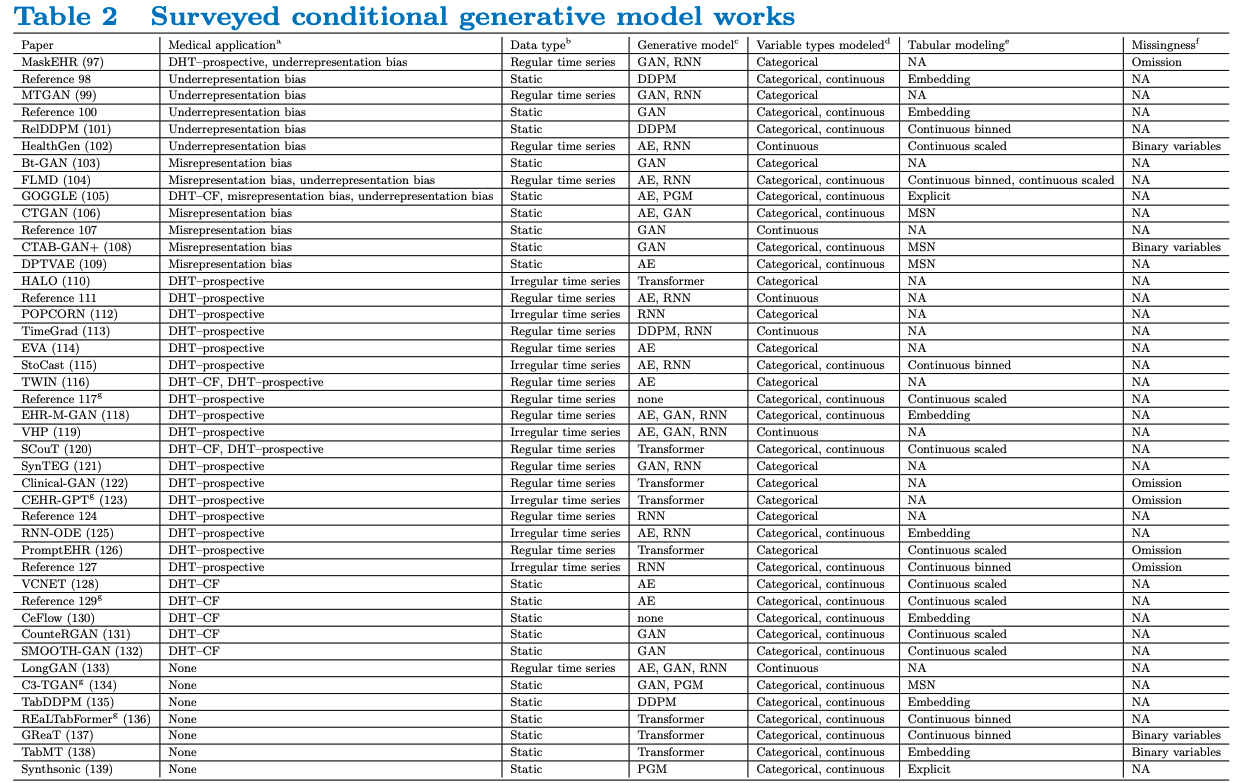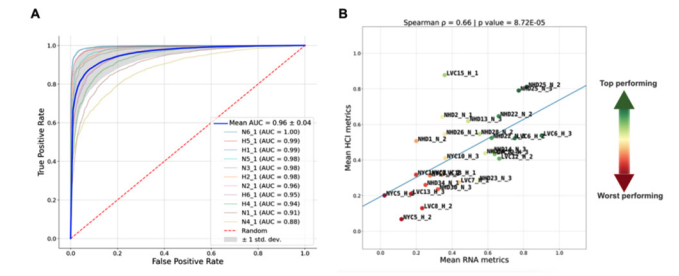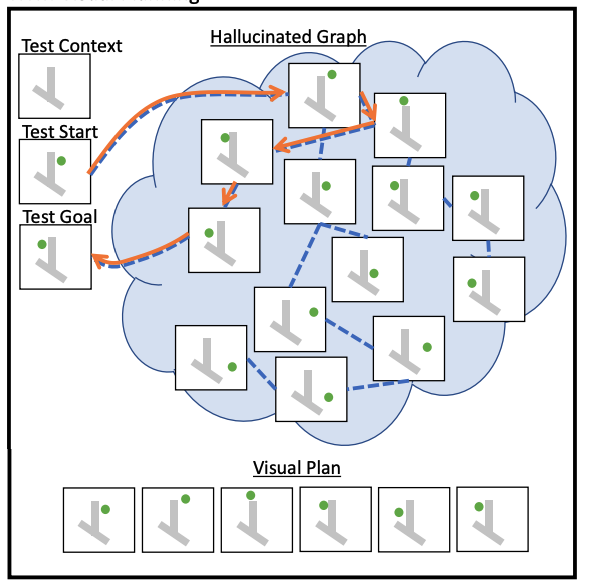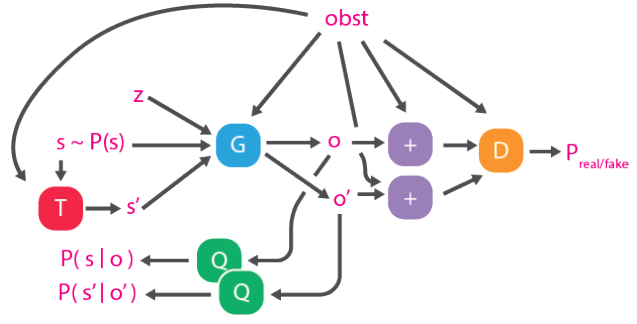|
I am currently a third year Computer Science PhD candidate at Stanford University advised by Professor Russ Altman. My research focuses on the development and application of machine learning methods for equitable and effective healthcare. I am honored to be supported by the Stanford Bio-X Fellowship and the Google PhD Fellowship. Prior to this, I worked as a Machine Learning Engineer at insitro, a biotech company led by Daphne Koller that utilizes machine learning for drug discovery and development. I received my B.A. in Computer Science at UC Berkeley and conducted research at Berkeley Artificial Intelligence Research (BAIR) Laboratory, where I worked on long-horizon visual planning and representation learning under Pieter Abbeel and Aviv Tamar. When I'm not thinking about research, I enjoy reading, listening to podcasts on long runs, and cooking vegetables. CV / Email / LinkedIn / Google Scholar |
|
|
|
|
Kara Liu, Russ Altman, Vasilis Syrgkanis, Pacific Symposium on Biocomputing (PSB), 2025 paper / code We introduce a causal inference tool that detects clinician implicit biases in observational medical datasets. |
|||
|
Kara Liu, Russ Altman, Annual Reviews of Biomedical Data Science, 2025 paper We review the field of conditional generative models (CGMs) by highlighting 43 recent methods. We analyze how CGMs can be applied towards digital health twins and ensuring diverse patient representations. |
|||
|
Srinivasan Sivanandan, Max Salick, Bobby Leitmann, Kara Liu, Mohammad Sultan, Navpreet Ranu, Cynthia Vivian Hao, Owen Chen, John Bisognano, Eric Lubeck, Ajamete Kaykas, Eilon Sharon, Ci Chu Neural Information Processing Systems (NeurIPS) Workshop on Learning Meaningful Representations of Life, 2022 paper We develop a machine learning framework for the segmentation and feature representations of cell morphology from pooled optical screens. |
|||
|
Panagiotis Stanitsas*, Kara Liu*, Lorn Kategaya, Kelly Haston, Alicia Lee, Shahin Mohammadi, Haoyang Zheng, Francesco Paolo Casale, Navpreet Ranu, Ahmed Sandakli, Pooja Prasad, Owen Chen, Anne Baldwin, Albert Kim, Eilon Sharon, Ajamete Kaykas, Daphne Koller, Matthew Albert European Association for the Study of the Liver (EASL); Journal of Hepatology Vol. 77, 2022 paper We propose an semi-supervised learning method to characterize and rank iPSC-derived stellate cell lines based on their functional proximity to primary stellate cells, in order to establish a liver disease phenotype. |
|||
|
Kara Liu*, Thanard Kurutach*, Christine Tung, Pieter Abbeel, Aviv Tamar International Conference on Machine Learning (ICML), 2020 paper / code/ We introduce Hallucinative Topological Memory (HTM), a model-based approach for long-horizon visual planning. HTM employs a conditional VAE to visualize potential states, a contrastive-loss classifier to search for feasible trajectories, and a low-level controller to execute the plan. |
|||
|
Angelina Wang, Thanard Kurutach, Kara Liu, Aviv Tamar Pieter Abbeel Robotics: Science and Systems (RSS), 2020 paper We propose a self-supervised, data-driven approach to planning robotic manipulation using a modified Causal InfoGAN to generate visual plans. For validation, plans were executed on a PR2 robot. |
|||
|
|
|
|
I love reading and average ~90 books per year. Here are some of my favorites: Fiction:
|
|
Website source taken from here. |





